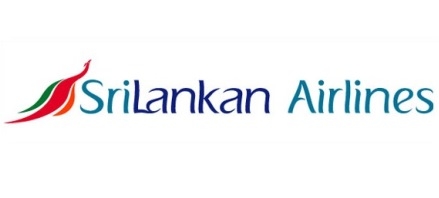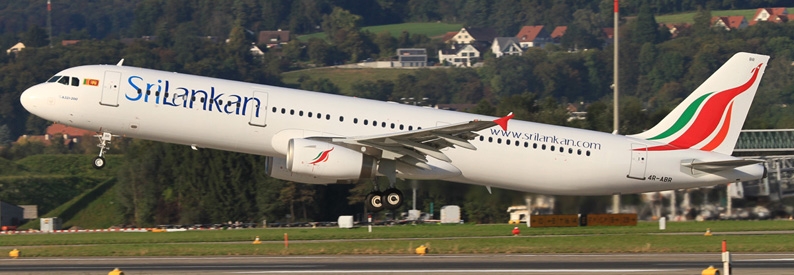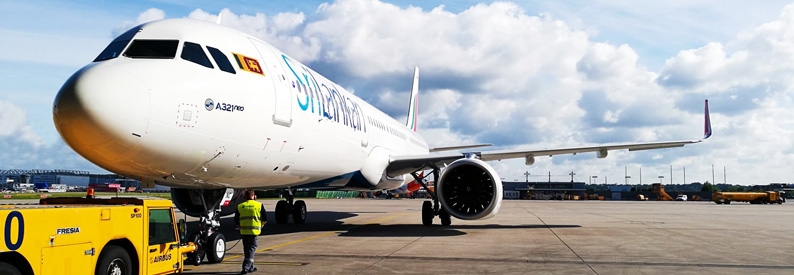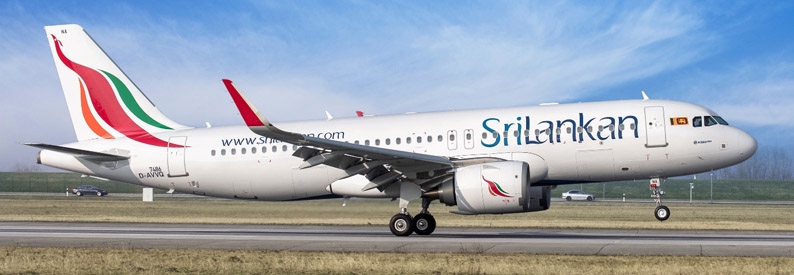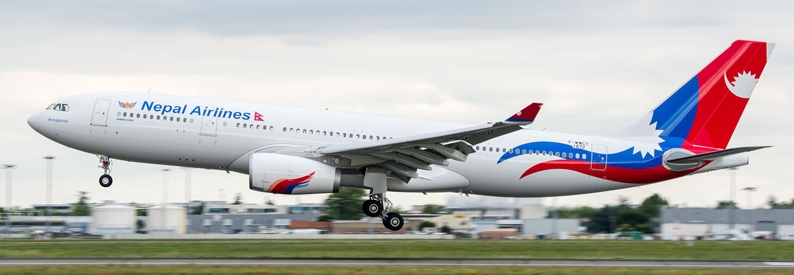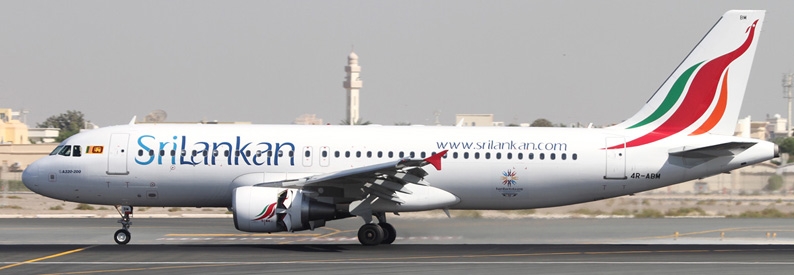SriLankan Airlines (UL, Colombo International) has renegotiated several aircraft leases saving the airline USD150 million over five years as part of efforts to put the carrier on a stronger financial footing, chairman Ashok Pathirage has said without revealing the lessors or the aircraft affected.
According to the ch-aviation Commercial Aviation Aircraft Data module, the state-owned carrier operates a fleet of 24 aircraft including five A319-100s, two A320-200Ns, one A321-200, four A321-200Ns, five A330-200s, and seven A330-300s all of which are leased from AerCap (three), Air Lease Corporation (seven), Aircastle (one), Avolon (six), Carlyle Aviation Partners (one), Park Aerospace Holdings (one), Peregrine Aviation (one), and Whitney Leasing (one).
He told Economy Next magazine the state-owned airline in December had also received the first USD150 million tranche of a USD500 million state financial aid package, with the balance of USD350 million expected over two years.
In addition, Pathirage said, the airline has initiated a voluntary retirement scheme after the cabinet last year approved an LKR1.46 billion rupee (USD8.2 million) compensation package for voluntary retrenchments. This would reduce the workforce from 7,000 to 5,000, he said.
SriLankan airlines reported a LKR36 billion loss (USD186 million) for the year to August 2020 despite having operated repatriation and cargo flights since the country went into COVID-19 lockdown on March 17 last year.
Sri Lanka re-opened for limited international arrivals on January 21, 2021, which Pathirage believed would help the airline to recover to 75-80% of pre-crisis levels by the end of 2021. "We think the worst is in the past now and we can look forward to a gradual improvement in aviation, travel, and tourism. The vaccine is great news for all of us ... hopefully, it will release restrictions and people will have the confidence to travel again."
Meanwhile, Group Chief Executive Officer Vipula Gunatilleka confirmed to ch-aviation the airline would soon announce a request for proposals for two Airbus dedicated freighters as per state procurement guidelines. The carrier currently operates one A321-200N, three A330-200s, and six A330-300s for cargo purposes. The airline is seeking to triple or even quadruple its freight volumes over the next two years to reduce reliance on passenger operations, Pathirage added.
- Type
- Base
- Aircraft
- Destinations
- Routes
- Daily Flights
